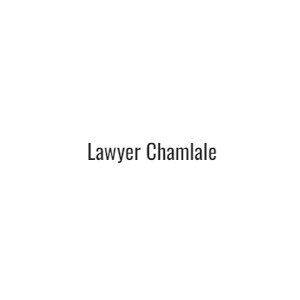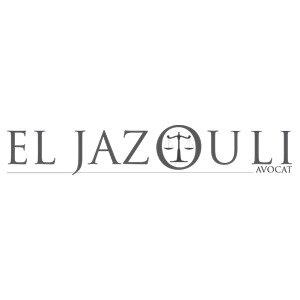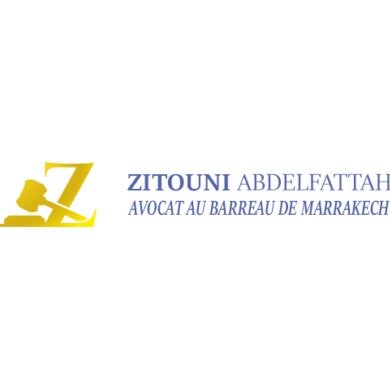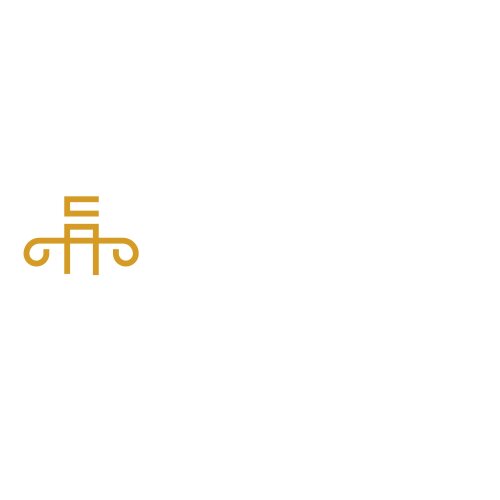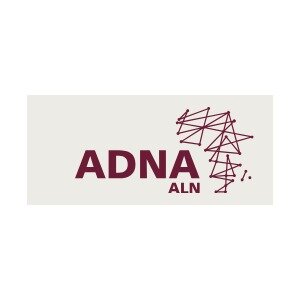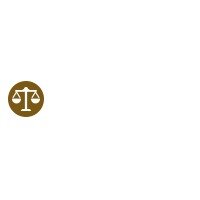Best Mining Law Lawyers in Morocco
Share your needs with us, get contacted by law firms.
Free. Takes 2 min.
Or refine your search by selecting a city:
List of the best lawyers in Morocco
About Mining Law in Morocco
Morocco's Mining Law regulates the exploration, exploitation, and management of mineral resources throughout the country. It establishes the legal framework for acquiring mining rights, conducting mining activities, and ensuring environmental and social obligations are met. The Moroccan government oversees the sector to promote responsible mining and economic development while safeguarding public interests. Mining Law in Morocco applies to a range of extractive activities, involving minerals such as phosphates, lead, copper, silver, and gold, among others.
Why You May Need a Lawyer
Navigating the complexities of Mining Law in Morocco can be challenging. People may require legal assistance in situations such as:
- Applying for and obtaining mining permits and licenses
- Negotiating joint venture agreements or partnerships with local or international entities
- Compliance with environmental and social regulations
- Disputes with landowners or local communities concerning mining activities
- Interpretation and compliance with tax obligations related to mining projects
- Dealing with contractual disagreements or breaches between stakeholders
- Acquisition, transfer, or renewal of mining rights and titles
- Defending against administrative penalties or license revocation actions
- Ensuring proper closure and rehabilitation of mining sites as per Moroccan regulations
Local Laws Overview
Morocco's mining sector is primarily governed by Law No. 33-13, which replaced the older Mining Code and introduced key changes aimed at improving transparency, investor protection, and sustainability. Key laws and regulations include:
- Mining Permits: There are different types of permits such as exploration authorization, prospecting license, and exploitation permit. Each comes with its eligibility criteria, obligations, and timelines.
- Ownership and Rights: Mining rights are separate from land ownership. The government holds primary authority to allocate mining rights while safeguarding public and community interests.
- Environmental Compliance: Permittees must conduct environmental impact assessments and implement measures to mitigate negative effects. Mining operations are strictly regulated to protect the environment.
- Local Content and Labor: Laws encourage employment of local labor and may require collaboration with local businesses.
- Taxation and Royalties: The law sets rules for taxes, royalties, and customs duties applicable to mining operations to ensure a fair contribution to the state.
- Dispute Resolution: Mechanisms exist for administrative and judicial resolution of disputes related to mining activities and titles.
Frequently Asked Questions
What are the main minerals mined in Morocco?
Morocco is known for its phosphates, which are among the largest reserves globally, as well as significant deposits of silver, lead, copper, barite, and gold.
Who owns mineral resources in Morocco?
The Moroccan state owns all mineral resources. Individuals or companies can acquire rights to explore and exploit these resources through permits or licenses granted by the government.
What permits do I need to start mining in Morocco?
Depending on the stage and type of mining, you may need prospecting licenses, exploration permits, and exploitation permits. Each has distinct application procedures and requirements.
Can foreign companies hold mining rights in Morocco?
Yes, foreign entities may apply for and hold mining rights in Morocco, subject to compliance with national laws and possible partnership requirements with local entities.
What are the environmental requirements for mining projects?
Mining companies must conduct environmental impact assessments before starting operations and comply with ongoing environmental management and site rehabilitation obligations.
How are mining disputes resolved in Morocco?
Disputes can be resolved administratively by relevant government agencies or, if necessary, through the Moroccan court system. Contractual disputes may also be subject to arbitration if agreed.
What taxes and royalties apply to mining companies?
Mining entities are subject to corporate income tax, mining royalties based on extracted minerals, and possibly customs duties on certain imported equipment and supplies.
How long does it take to obtain a mining permit?
Timelines can vary, but the application process typically takes several months, as authorities need to review technical, environmental, and financial aspects before granting permits.
Can mining permits be transferred to another company?
Yes, but transfers require government approval to ensure the new permit holder meets all legal, technical, and financial requirements.
What happens if environmental obligations are not met?
Failure to meet environmental obligations can lead to administrative penalties, suspension or revocation of mining permits, and legal action to compel remediation.
Additional Resources
Individuals seeking more information or assistance with Mining Law in Morocco may consult the following organizations and governmental bodies:
- Ministry of Energy Transition and Sustainable Development: Supervises the mining sector, grants permits, and monitors compliance.
- Bureau of Mines and Hydrocarbons (ONHYM): Responsible for geological surveys, mining promotion, and policy guidance.
- Moroccan Investment and Export Development Agency (AMDIE): Provides support for investors entering the mining sector.
- Professional associations: Such as the Moroccan Mining Federation, which offers industry-specific advice and advocacy.
- Environmental Protection Agencies: Advise on compliance requirements for mining projects.
Next Steps
If you require legal assistance in Mining Law in Morocco, consider the following steps:
- Define the specific legal issue or objective you have regarding mining operations.
- Gather all relevant documentation, including any permits, contracts, correspondence, and reports.
- Reach out to a qualified Moroccan lawyer or legal firm specializing in mining and natural resources law.
- Consult government bodies or professional associations for initial guidance and official requirements.
- Discuss your case in detail with your chosen legal advisor to understand your options and obligations.
- Follow the advised legal procedures promptly to safeguard your rights and interests.
Obtaining the right legal support can help you navigate the Moroccan mining legal framework efficiently and avoid costly disputes or delays.
Lawzana helps you find the best lawyers and law firms in Morocco through a curated and pre-screened list of qualified legal professionals. Our platform offers rankings and detailed profiles of attorneys and law firms, allowing you to compare based on practice areas, including Mining Law, experience, and client feedback.
Each profile includes a description of the firm's areas of practice, client reviews, team members and partners, year of establishment, spoken languages, office locations, contact information, social media presence, and any published articles or resources. Most firms on our platform speak English and are experienced in both local and international legal matters.
Get a quote from top-rated law firms in Morocco — quickly, securely, and without unnecessary hassle.
Disclaimer:
The information provided on this page is for general informational purposes only and does not constitute legal advice. While we strive to ensure the accuracy and relevance of the content, legal information may change over time, and interpretations of the law can vary. You should always consult with a qualified legal professional for advice specific to your situation.
We disclaim all liability for actions taken or not taken based on the content of this page. If you believe any information is incorrect or outdated, please contact us, and we will review and update it where appropriate.
Browse mining law law firms by city in Morocco
Refine your search by selecting a city.






